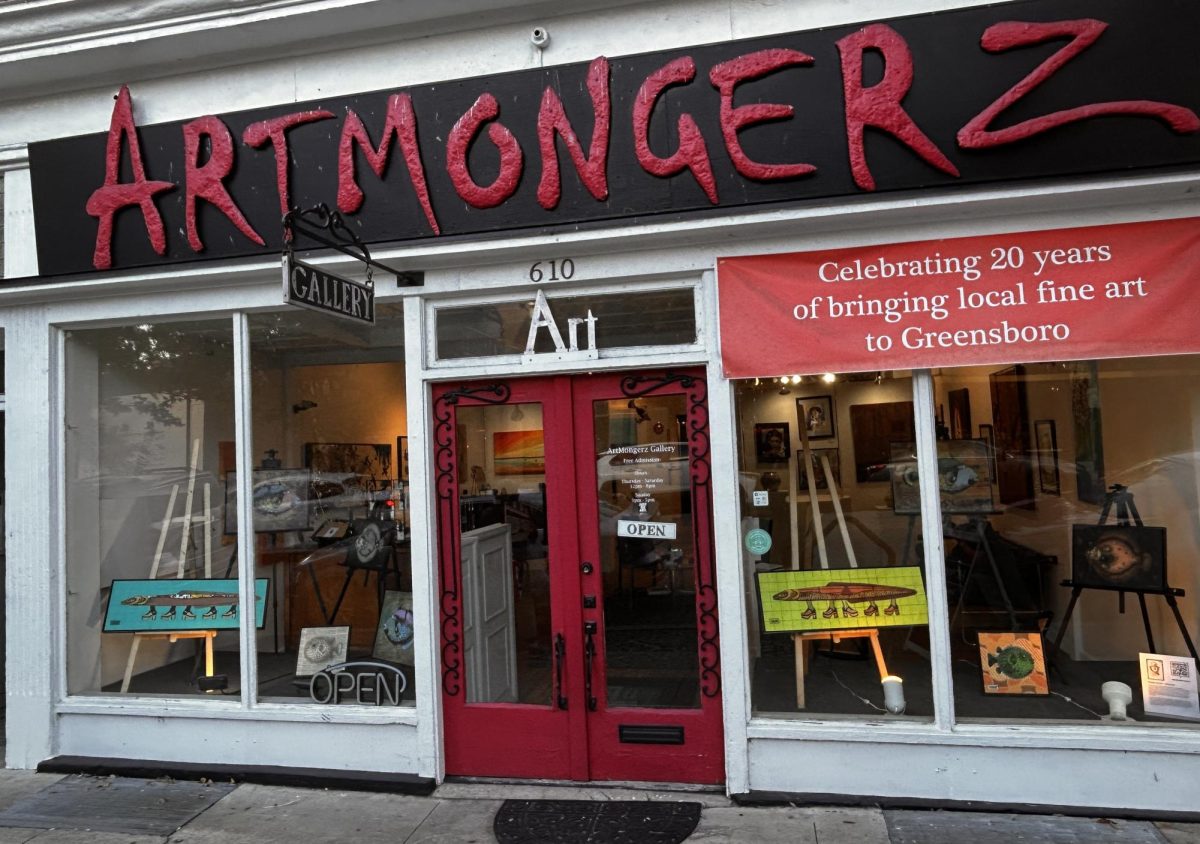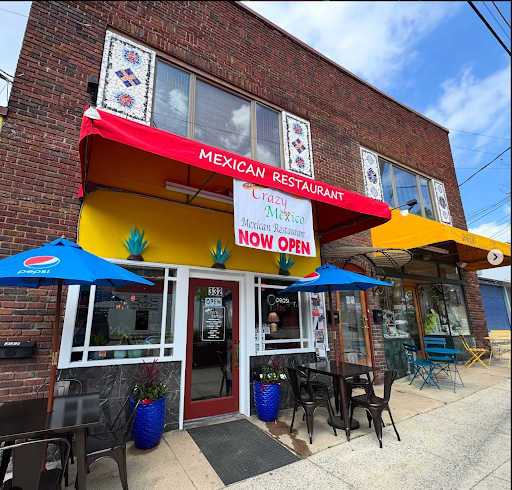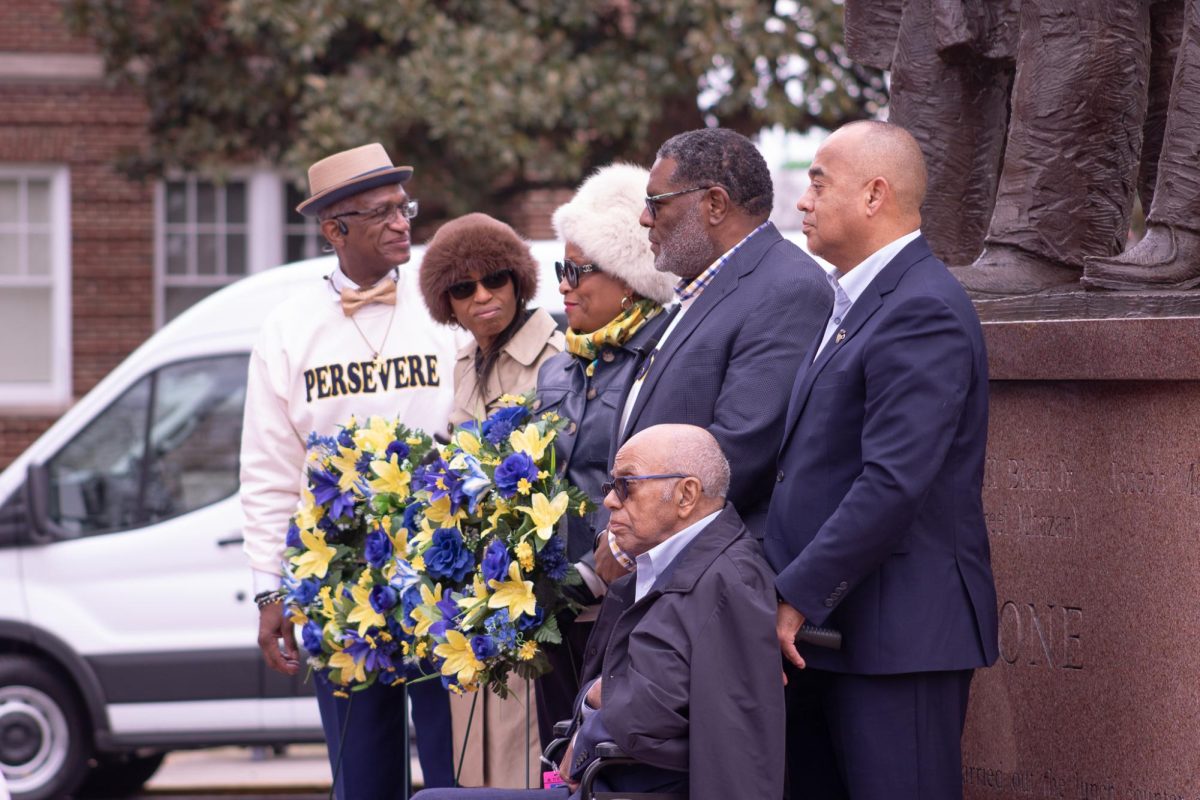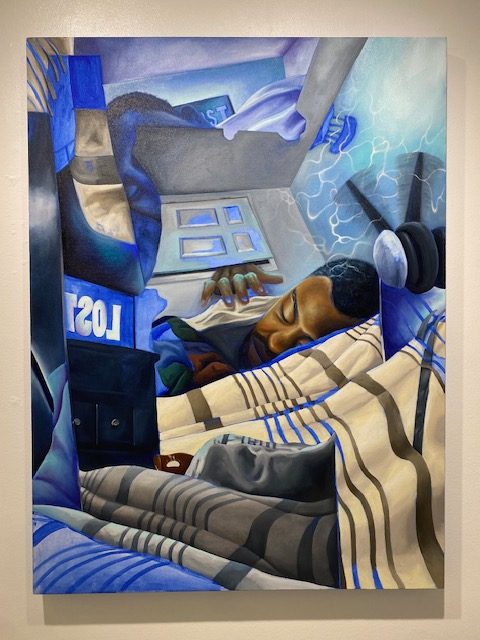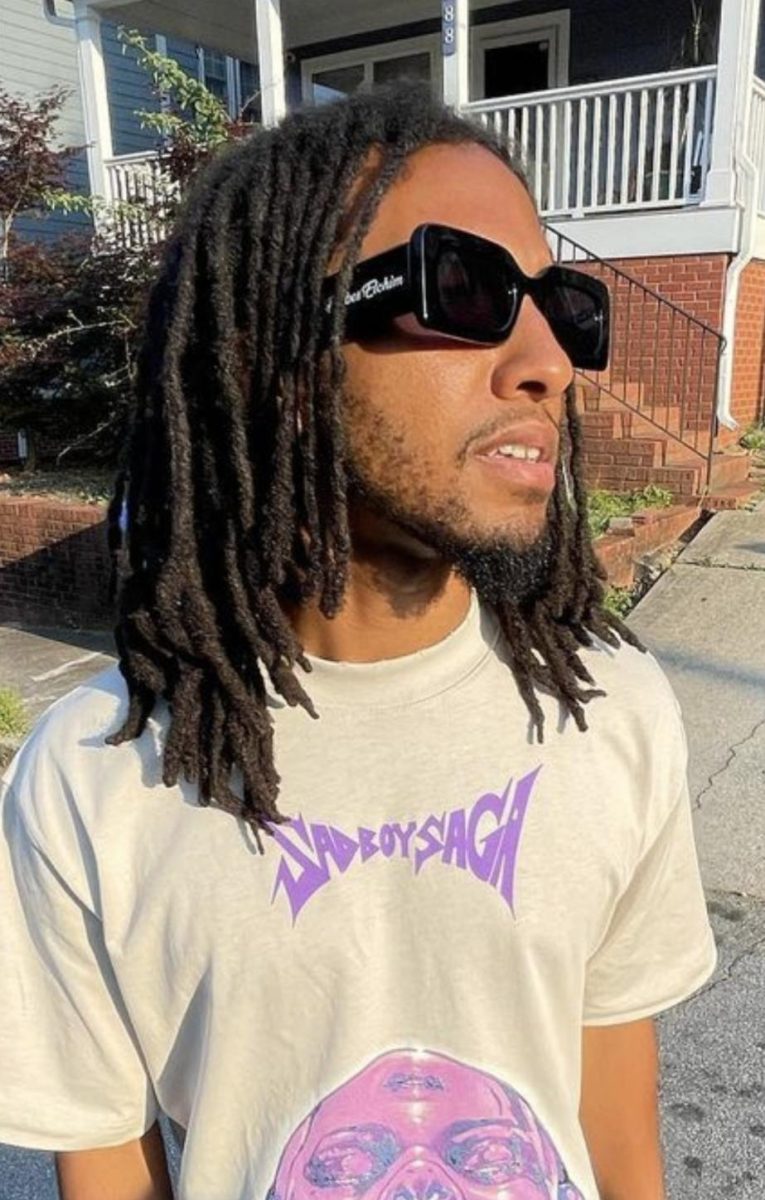Is there a need for Africana Studies at A&T and other HBCUS?
For many years, there has been a struggle to include a major at North Carolina A&T that solely revolves around Africana Studies.
At a time where former slave Harriet Tubman is replacing slaveholder Andrew Jackson on the $20 bill, we, as people of color, need to invest in learning more about our history. Having more Africana studies can only positively influence all students at our HBCU.
Here at A&T, African American Studies is not a major but a discipline.
Questions arise such as: “Why is an Africana studies program necessary at HBCUs? What can a student do with a degree in Africana Studies?” These are questions that need to be asked for ANY degree, so it must be asked “Why is ANY degree necessary at HBCUS?” Or what can a student do with ANY degree?” If Africana studies was not relevant, or held any significance, then why is this major mainly in Predominantly White Institutions?
Dr. Moussa Issifou, English professor, said an Africana studies department is long overdue. “It is even surprising to me, as an HBCU compared to other universities that we know that are predominantly white, they are really big on Africana studies,” he said.
In an article entitled, “The Struggle for Black Studies at HBCUs,” which can be found in The Root, Aleesa Manns said, “Despite university budget cuts and a rise in anti-ethnic-studies sentiment, black-studies programs have held their ground in higher-education curricula. While there has been substantial overall growth in the field during the last 40 years, it has happened primarily outside the community of historically black colleges and universities (HBCUs).”
Why should universities created for us by us include our history as the primary interest to all curriculums? HBCUS were created for students of African descent, also known as Africana students,
per the recognition of the African Diaspora where people of African descent have been spread throughout the world either by force or choice. These institutions created a space for Africana students to gain access into higher education and be in an environment that brought unity amongst the people by default.
Over time, HBCUS have evolved into the safe space for Blacks to learn with a learning perspective that is more Afrocentric than Eurocentric.
The question still remains, if the goal is to educate the people of African descent in this country about whom they are and where they’ve been as a people, then why wouldn’t there be an African Studies program in all Black institutions?
With great professors planting mental seeds, HBCUS provide students of African descent with the tools to liberate their minds through the empowerment of knowledge and self-identification. HBCUs have been doing this and much more, so why isn’t there an Africana Studies department here at A&T and other HBCUS, excluding Howard, FAMU, and Clark Atlanta University? Why isn’t it a requirement, particularly at our university, to take more than THREE credit hours in African-American history? For some majors, this has been reduced from the original SIX mandatory credit hours.

